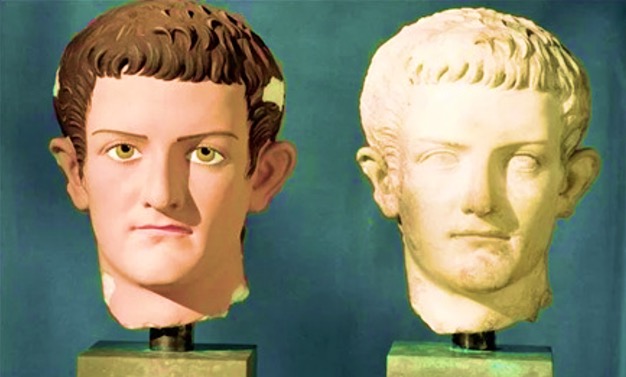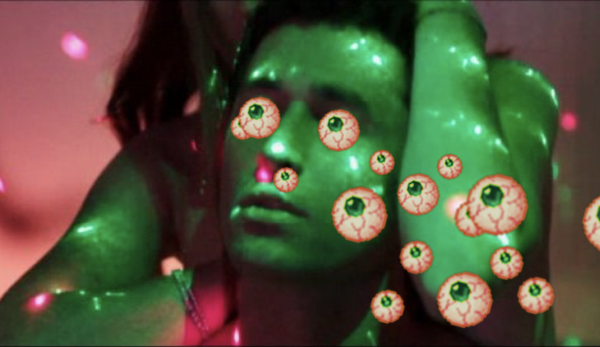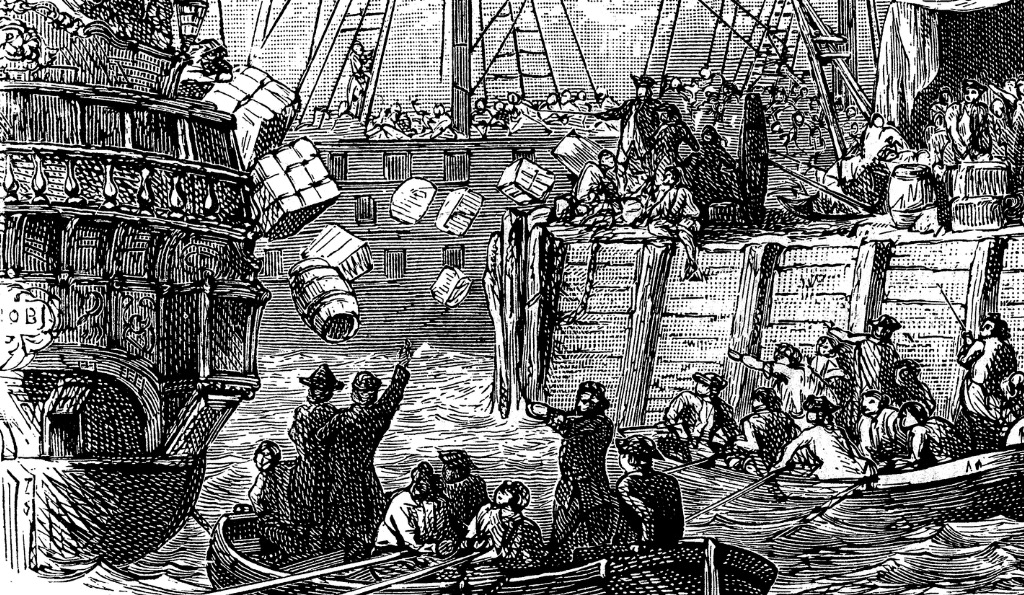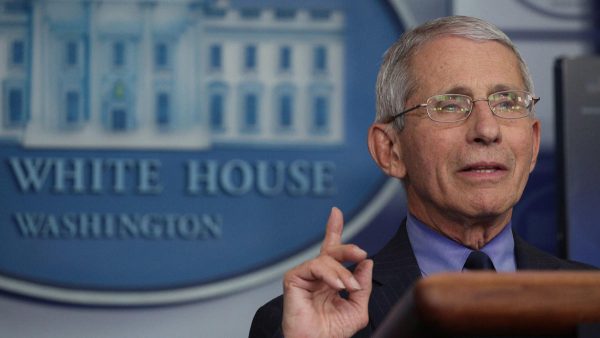America must educate a new elite worthy of the name.
Binging Alone
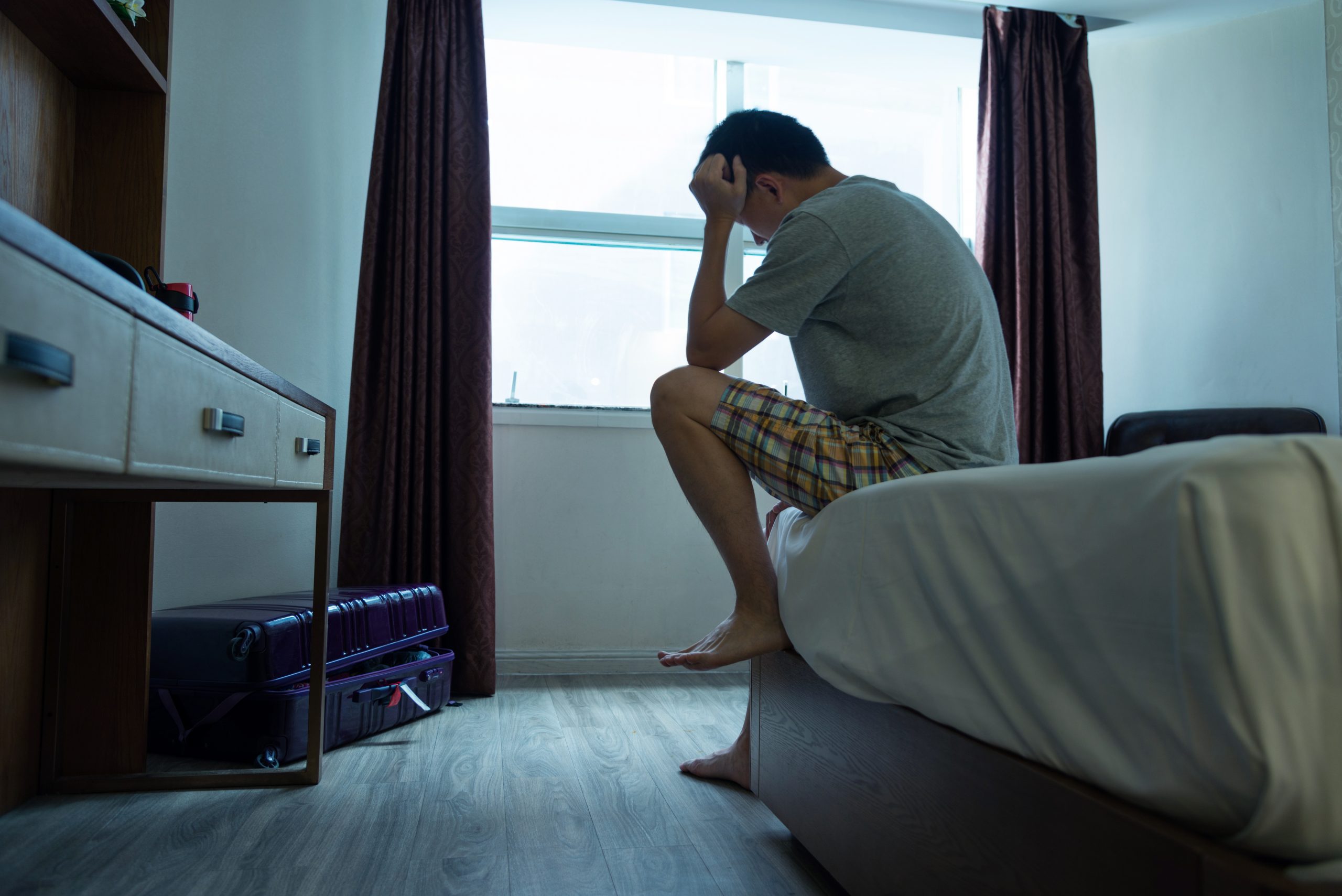
Who are we when the room service runs out?
If the man without a state is either a god or a beast, the man alone in a hotel room on a business trip is a little of both. This explains much of what you need to know about how Americans are behaving right now.
We’re all familiar with the trope in which a man left suddenly alone regresses toward his freshman-year state of nature, prompting bemusement among those who rely on him. In one popular variant, mom takes the kids to visit family for a few days, then returns to find her usually immaculate husband surrounded by pizza boxes and with three days’ growth of neckbeard. It’s not fiction: left to his own devices, even the most meticulous family man will let himself go a little.
I’m not talking here about the seedy extremes of male indulgence: “Hooker found slain in $10-an-hour Bronx hotel room”! For guys like me—guys who are blissfully happy in their home lives—being alone on the road is only a moderately freewheeling break from the routine. You can’t wait to get back home, but you do let loose in small ways: you watch Die Hard for the fifth time, then Road House for the tenth, on the hotel TV. Or you order obscene amounts of room service, on the level of Macaulay Culkin in Home Alone 2. It’s hardly the stuff of tabloid headlines.
But verily, verily I say unto thee: he who hath eaten an entire bucket of home fries at 3am hath already murdered a hooker in his heart. A major insight of Jesus’ teaching is that the tame little perversions of our quiet lives, though harmless in outcome, are the spiritual beginnings of the same horrendous sins we judge in others. We can recognize ourselves in criminals, even as we distinguish our actions from theirs: there is something about the family man alone in the hotel which, under different circumstances and without the civilizing influence of love, could metastasize into unspeakable acts of cruelty and degradation.
That “something” is the very thing Aristotle was talking about. “Anyone who either cannot, or does not need…to be part of a political community, is something like a beast or a god.” Though taking the guard rails off makes man feel invincible, it eventually renders him slovenly. You wake up after that bucket of fries with a greasy feeling of disgust: last night you lived like a king; this morning you feel like a pig. Turns out, given godlike freedom to do what you want, what you want to do is degrade yourself on the level of the beasts.
This accounts for Tocqueville’s uncanny prescience that we Americans might one day become “greater than kings, and less than men.” This state of affairs has ensued whenever democratic nations “have introduced freedom into their political constitution, at the very time when they were augmenting the despotism of their administrative constitution.” Joshua Mitchell observes the fulfillment of this prophecy in American Awakening when he describes Americans as ricocheting back and forth between “management society and selfie man.” “In exchange for the freedom we gain through social media to become selfie man,” writes Mitchell, “we renounce our liberty to address problems with our fellow citizens.”
We imagine ourselves to be endlessly malleable and totally under our own control: our gender, our social roles, the image we present to the world, all seem within our power to transform at will. But we are completely helpless at the local level: helpless to evaluate and manage the risks of coronavirus, helpless to assess the quality of our own food, helpless to decide how we should live together in that political community which is natural to us. So we let experts make all these determinations on our behalf. The results of this arrangement are not satisfactory.
It’s high time, in other words, to end our extended business trip. We are all of us in the state of the man at the very end of his journey, pining for home and feeling hungover. Any more of this rootlessness, any more limitless self-indulgence, any more disregard for the ties that bind us together in mutual accountability and need, will ruin us and give our story an ending like those of the tawdry tabloid headlines.
It’s fun to be selfie man for a while, penning abstract screeds about what the government oughta do or posting slacktivist squares on Insta. But though that kind of life promises to make us as gods, it turns us finally into beasts, screaming at one another in grocery stores and then retreating miserably again to our pods. There’s only one solution: sooner or later you have to get on the school board, to knock on your neighbor’s door, to fight in your local community for the family and the life you know you long for. You have to check out of the hotel, and come home.
The American Mind presents a range of perspectives. Views are writers’ own and do not necessarily represent those of The Claremont Institute.
The American Mind is a publication of the Claremont Institute, a non-profit 501(c)(3) organization, dedicated to restoring the principles of the American Founding to their rightful, preeminent authority in our national life. Interested in supporting our work? Gifts to the Claremont Institute are tax-deductible.
Pornographic technology has turned sensory overload into sensory degradation.
A conservative revolution is in order.
COVID-19 revealed what fools we have made of ourselves.

